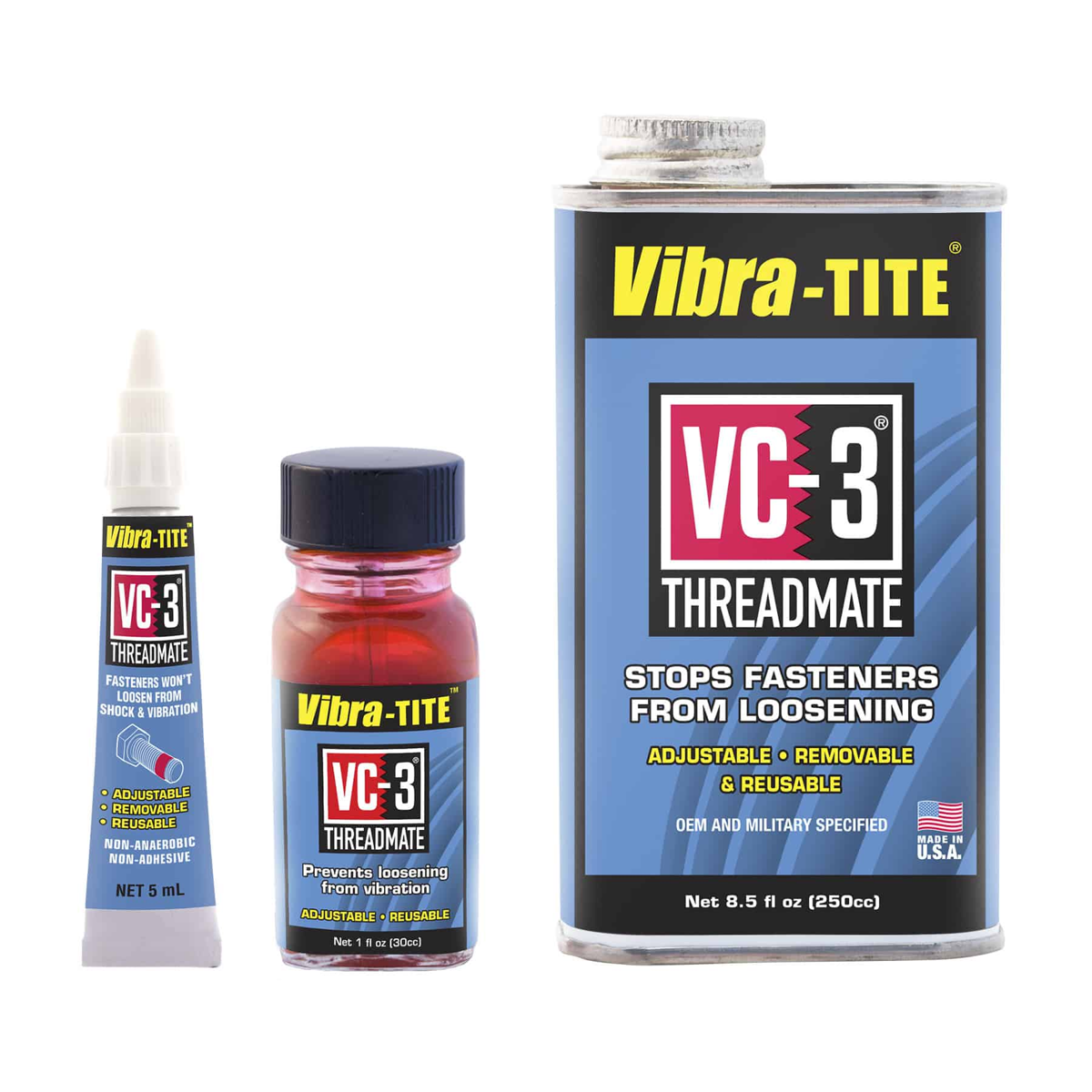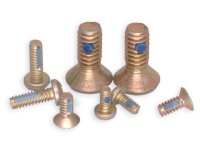KWK:
I am curious about the "drying up" comment. I've been using Loctite products, often professionally, for ~45 years and have not experienced "drying up" or "drying out" in the bottle. I have a small bottle of thread sealer on my bench that must be 25 years old and still going.
***Note: I am not saying that the comment is wrong, or that it doesn't happen. I am assuming that it does, so am interested in what conditions are differnent.
I use Blue Loctite on gun screws, as well as automotive, marine, motorcycle applications, etc. It is rated to break loose at about 10% greater torque than for dry threads, but IME the break-away is often less, particularly in moist environments because the Loctite seals the threads, excluding moisture and other corrosives. Ditto for Red and other Loctite grades.
Loctite specify that torque be reduced by 10% due to the lubrication provided by the Loctite and increase in the amount of torque that is coverted to tension.
Both the breakaway and tension effects appear to be accurate according to the tests we did in college.
I share the suggestions of someone else who recommends using products like RTV, bathtub calk and other silicone "rubber" products to secure fasteners from rotating under vibration.
We routinely used a tab is silicone form a gasket on the ends and heads ot screws that secured plastic parts such as motorcycle fairings.
Here are some basic fastener information that we used in college mechanical trades.
View attachment 577753



